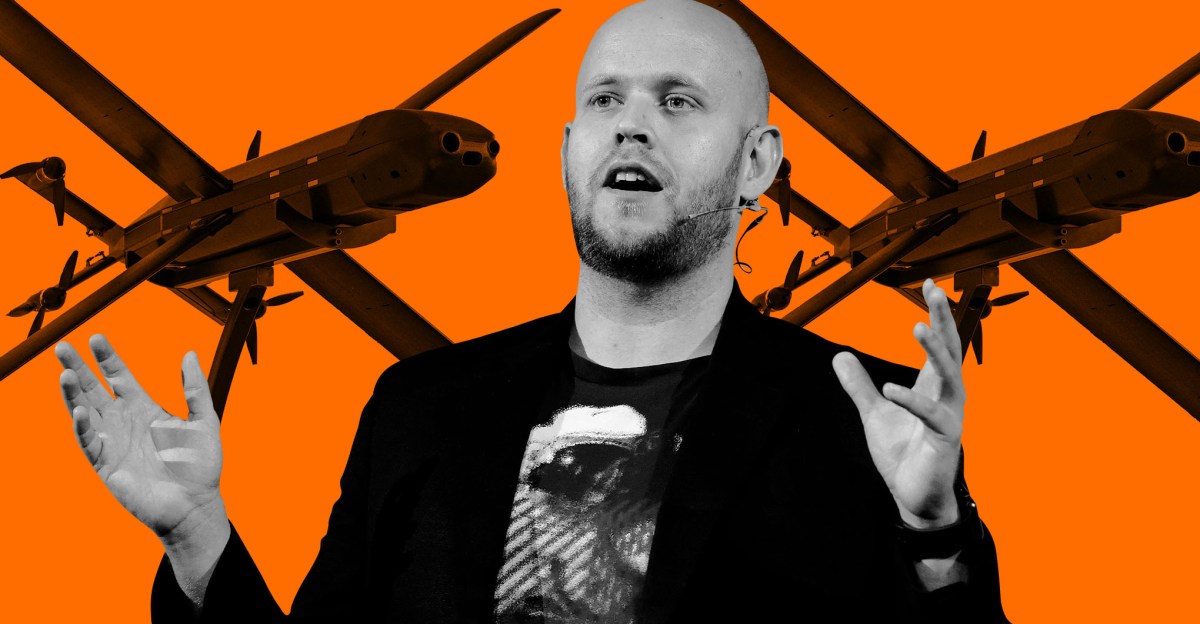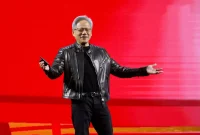Spotify Faces Artist Backlash as CEO Daniel Ek Steps Down
In a recent turn of events, Spotify has found itself at the center of controversy as its CEO and founder, Daniel Ek, announced his resignation. This decision comes amid growing resentment from artists who have expressed deep concerns about Spotify’s business practices, including low artist payouts and controversial investments.
Artist Dissent Intensifies
The situation escalated when it was revealed that Ek’s investment firm, Prima Materia, funded Helsing, a German defense company. This move has elicited strong reactions from a variety of artists, including renowned groups such as Hotline TNT, Massive Attack, and Godspeed You! Black Emperor. Many artists perceive this funding as the last straw in a series of grievances against the streaming platform.
Artists Remain Unconvinced
Ek’s resignation will not necessarily quell the discontent among musicians. Artists and independent labels that have chosen to leave Spotify maintain they are not likely to return. Hotline TNT’s Will Anderson stated, “Our issues with this particular streaming platform go far beyond one individual.” Their frustrations stem from persistent concerns about Spotify’s treatment of artist revenues and overall business approach.
The changes in leadership at Spotify may be more symbolic than substantive. Though Gustav Söderström and Alex Norström have been appointed as new co-CEOs, Ek will continue to exert significant influence as Executive Chairman, raising doubts about any tangible changes happening at the company. Jeremy Leaird-Koch, who removed his music from Spotify in July, noted that the title reassignment “changes nothing.”
The Ongoing Payment Dilemma
Spotify’s low payout rates have been a contentious issue within the music community for years. Estimates indicate that artists receive between $0.003 and $0.005 per stream, which critics argue is insufficient to support musicians financially. This has led to backlash not only from independent artists but also established names like Thom Yorke and Taylor Swift in the past.
The concern encompasses more than just individual payouts. After the introduction of audiobooks into Spotify’s Premium plan in 2024, the platform’s royalty payouts dropped significantly, demonstrating a trend of prioritizing profit over fair artist compensation.
Legislative Scrutiny
These practices have drawn attention from governmental bodies such as the European Parliament and United States Congress, with calls for investigations into Spotify’s royalty structure. Colin Volvert, manager of Kalahari Oyster Cult, remarked on the company’s current trajectory, describing the leadership change as “an optics-driven management stunt.”
Opportunities Outside Spotify
Despite the challenges presented by the mainstream streaming service, some artists continue to find success without relying on Spotify. Joanna Newsom intentionally excludes her music from the platform, referring to it as a "villainous cabal," while other musicians, like Cindy Lee, have achieved critical acclaim without their work being available on any streaming service.
Jamie Stewart of Xiu Xiu noted that leaving Spotify aligns with their ethical stance, emphasizing that their departure moves beyond financial considerations. Artists remain hopeful that consumer sentiment might pressure Spotify to reconsider its policies.
Conclusion
As Spotify navigates this ongoing backlash, the implications of Daniel Ek’s leadership transition remain uncertain. Despite changes at the executive level, the root of the grievance—artist compensation and ethical business practices—continues to loom large over the platform. The future responsiveness of Spotify to artist concerns will play a crucial role in shaping its relationship with creators in the music industry.




